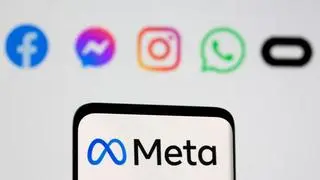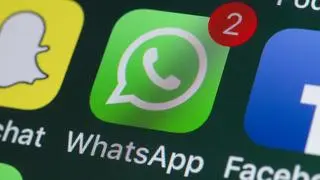Twitter is clamping down on tweets related to COVID-19 hoaxes and tips from “experts” that put people at risk of transmission.
The micro-blogging platform has updated its coronavirus strategy and its policies to curb misinformation. The company will ban all tweets spreading information related to fake cures or posts that could incite panic and hinder official efforts to counter the pandemic.
“Update: we’re expanding our safety rules to include content that could place people at a higher risk of transmitting COVID-19. Now, we will require people to remove Tweets that include the following: Content that increases the chance that someone contracts or transmits the virus, including: Denial of expert guidance. Encouragement to use fake or ineffective treatments, preventions, and diagnostic techniques. Misleading content purporting to be from experts or authorities,” Twitter said.
It will be further increasing its use of machine learning to weed out such fake information and remove manipulative and abusive content from its platform. It will also be broadening the platform’s definition of harm to “address content that goes directly against guidance from authoritative sources of global and local public health information.”
Twitter is not the only platform combatting misinformation spread through social media. Facebook on Wednesday launched a coronavirus information hub on its messaging platform WhatsApp. It also launched an information centre on the Facebook Newsfeed providing real-time updates and information from legit sources on the COVID-19 pandemic. It has also donated $1 million to the Poynter Institute’s International Fact-Checking Network (IFCN). The funds will help the organization in developing fact-checking for the #CoronaVirusFacts Alliance, which spans across more than 100 local organizations in over 40 countries.
Tech majors Microsoft, Google, Facebook, Twitter, LinkedIn and Reddit on Tuesday also released a public statement forming an industry-wide alliance to combat fraud and misinformation related to the COVID-19 pandemic.






Comments
Comments have to be in English, and in full sentences. They cannot be abusive or personal. Please abide by our community guidelines for posting your comments.
We have migrated to a new commenting platform. If you are already a registered user of TheHindu Businessline and logged in, you may continue to engage with our articles. If you do not have an account please register and login to post comments. Users can access their older comments by logging into their accounts on Vuukle.